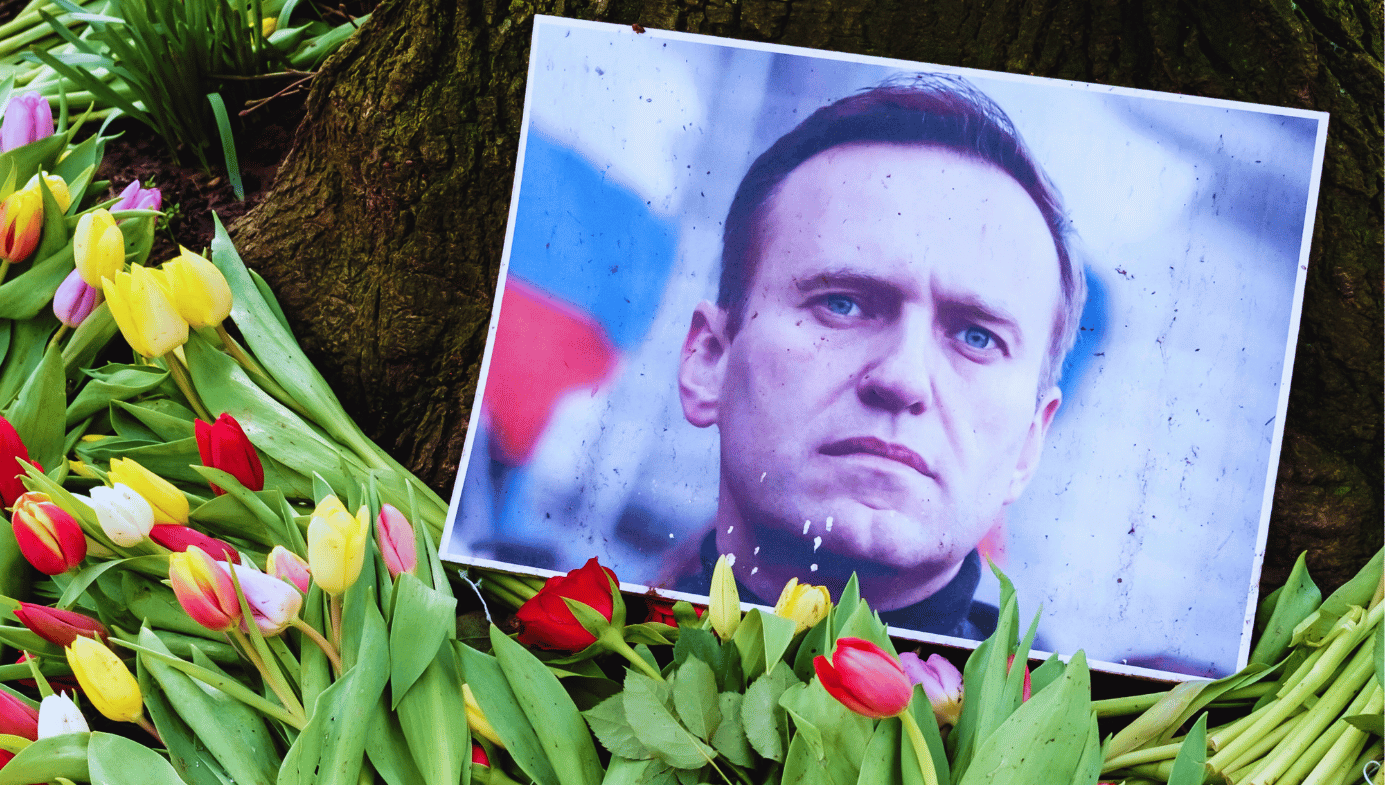
On February 16, Alexei Navalny died at the IK-3 penal colony in the Arctic Circle aged just 47. A complex man of fiery and readily aroused passions, Navalny was not an easy man for Russian liberals to like during his early years in public life. His intense Slavic nationalism made liberals wary and even dismissive. He saw Russia, Ukraine, and Belarus as the natural leaders of the Soviet Union, and his wild charges and ferocious invective against Russia’s enemies could be alienating. In The Dissident: Alexei Navalny, his most recent biographer David Herszenhorn writes, “Instinctively he is a fighter. His rhetoric often gets overheated … he is driven by outrage and what he has described as ‘hate’—a personal, visceral animus against his opponents.”
Those fighter’s instincts helped to carry Navalny through the Putin regime’s increasingly savage efforts to silence him. The closest they came to succeeding (until now) was in August 2020, when Navalny was poisoned with the lethal nerve agent Novichok. On that occasion, he was saved by the diversion of his flight to a hospital in Omsk. He received further treatment at a German hospital, though this might have failed had he not possessed a strong constitution. The assassination attempt required a lengthy convalescence.
During his 20s and 30s, Navalny’s rhetoric and activism were extreme, even by the standards of Russian nationalists. He compared Muslims to “cockroaches” during the Chechen wars in the mid-1990s and early 2000s, and he compared Georgians to “rodents” during Russia’s 2008 struggle for control of Abkhazia and South Ossetia. In one particularly notorious video, Navalny appeared as a dentist comparing illegal immigrants to rotten teeth. “A tooth without a root is dead,” he explained in between shots of saluting skinheads. “A nationalist is someone who does not want them to remove the Russian root from the word ‘Russia.’ We have the right to be Russian in Russia and we will protect that right.”
He later apologised for this kind of inflammatory rhetoric, but many of his critics—particularly in Georgia—never entirely forgave or trusted him. For most, however, it paled before the superhuman courage with which he lived and died.





